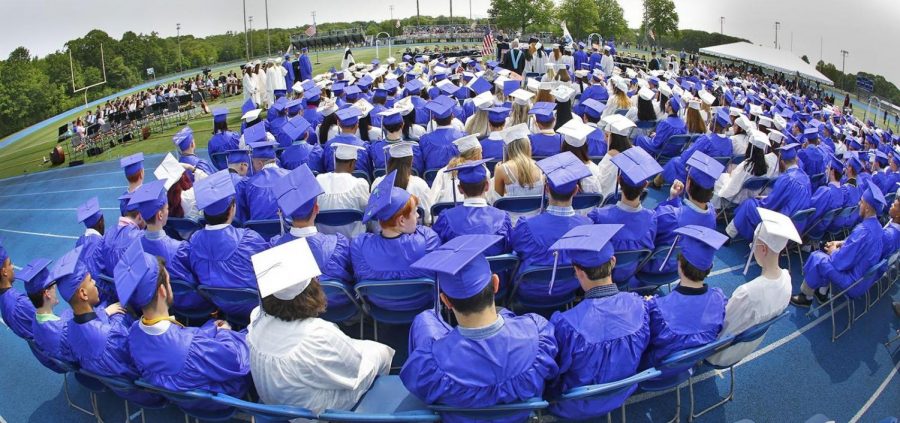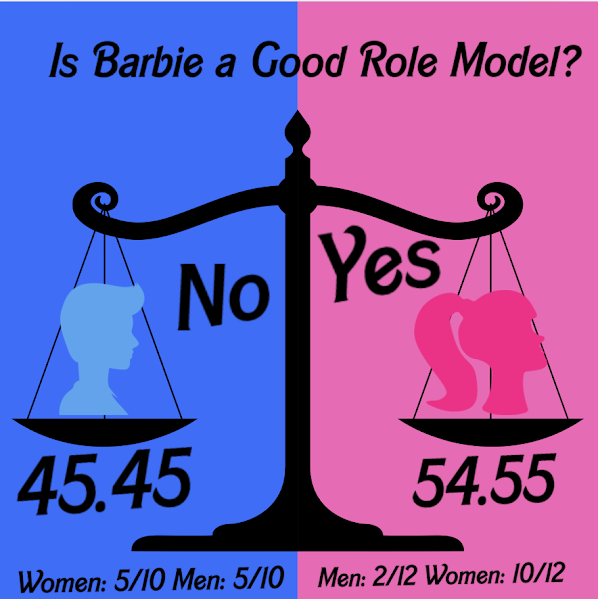Class Rank: Helpful to Few, Harmful To Most
According to a Washington Post article entitled “The Case for Abolishing Class Rank,” the National Association for College Admission Counseling (NACAC) found that “nearly 40 percent of high schools had either stopped ranking their students or refused to share those numbers with colleges– a shift that apparently has had no effect on students’ prospects for admission.” (Greg Derr/The Patriot Ledger)
Class rank, the measure of a student’s performance in school compared to their peers, is a system that many schools use to rank their students in terms of their GPAs. While assigning class rank to students may be a long-standing tradition, some private and public schools across the country have gotten rid of class rank, due to the fact that it negatively impacts students in many ways.
One of the most compelling reasons for eliminating class rank is that many students become obsessed with their GPAs and start to develop resentment towards their peers, becoming unnecessarily competitive toward each other, in an environment where camaraderie ought to be encouraged.
Alfie Kohn, a Brown University graduate with a master’s from the University of Chicago and an author of 14 books about education human behavior, and parenting, addresses the class rank issue on his website, alfiekhon.org, stating: “The vicious rivalry and inevitable resentment on display as a handful of overachievers battle it out over tiny differences in GPA has led some schools to stop ranking, or at least to identify a batch of high-scoring kids as co-valedictorians — a tiny step in the right direction.”
Not only does class rank develop a resentment between students competing over who has a higher class rank, but it also causes students to care less about their learning and to think in a less meaningful way.
According to Kohn, “When students are rated with letter or number grades, research shows they’re apt to think in a shallower fashion — and to lose interest in what they’re learning — as compared with students who aren’t graded at all. Alternative methods for reporting student progress are not only less destructive, but also potentially more informative.”
Singling out a handful of students might seem like a good way to reward them for their hard work and effort, but in reality, these small variations in GPAs are usually statistically insignificant, making it unfair to other students who are also highly-qualified, but who may not seem as desirable to colleges because they are not one of the Top Ten.
According to Sara Harberson, the former associate dean of admissions at the University of Pennsylvania and Franklin & Marshall College, when she explains to parents how colleges use rank, “there is always a parent whose child will benefit from class rank, but most quickly realize that their child’s chances of admission at an elite college are in jeopardy because of it,” as stated on her blog, saraharberson.com.
Yet another reason why class rank is an ineffective system is that it puts too much pressure on students to maintain their class rank.
Sleep deprivation, students feeling like their walls are caving in due to receiving a B, and students feeling like they need to cheat or miss school in order to avoid getting a bad grade on their assignments are common sights in high school Getting rid of class rank may decrease these everyday burdens that high schoolers face.
Schools are supposed to encourage their students instead of pitting them against each other. Like many schools are doing, all schools should get rid of their class rank systems and replace it with alternative methods that help fairly reward students for their hard work and get other students motivated to do well at the same time.






